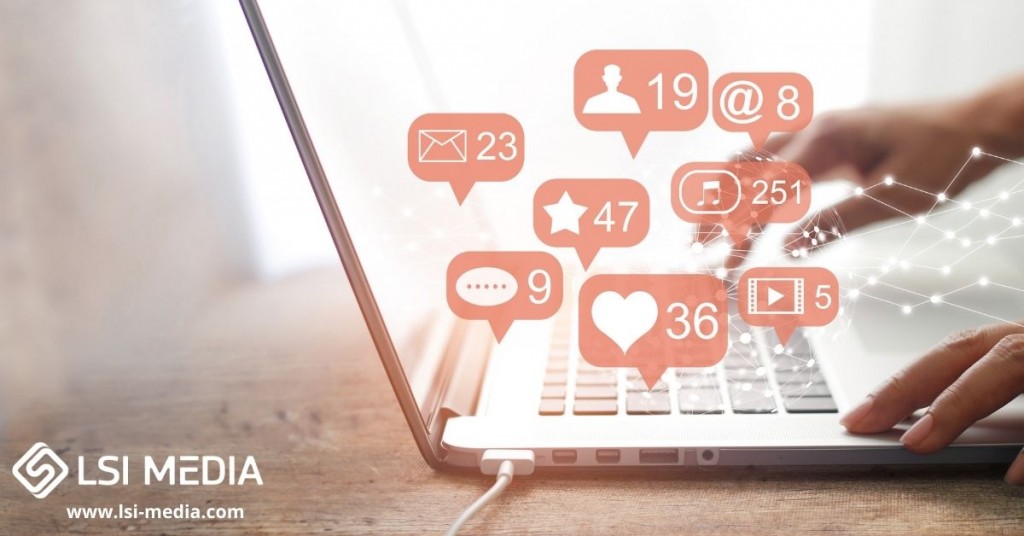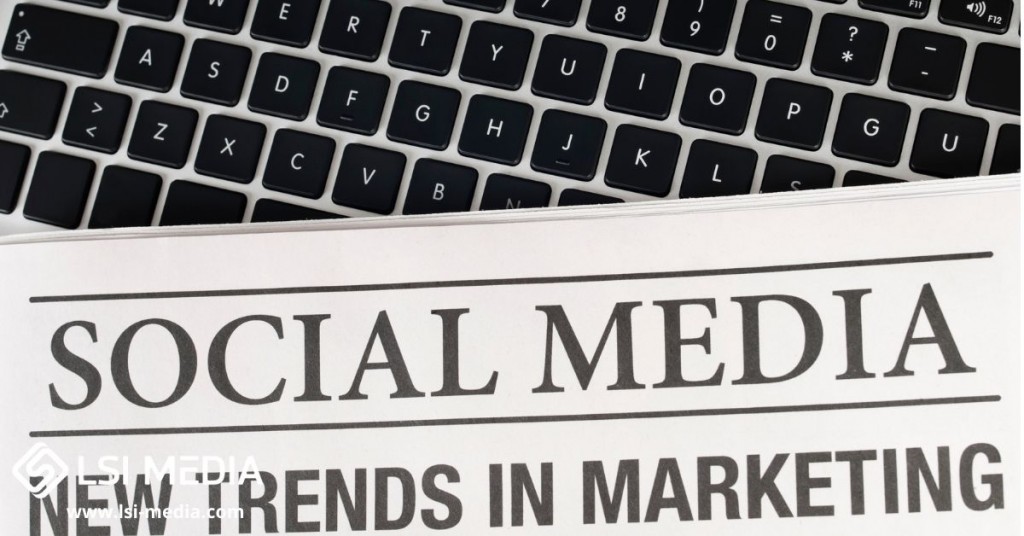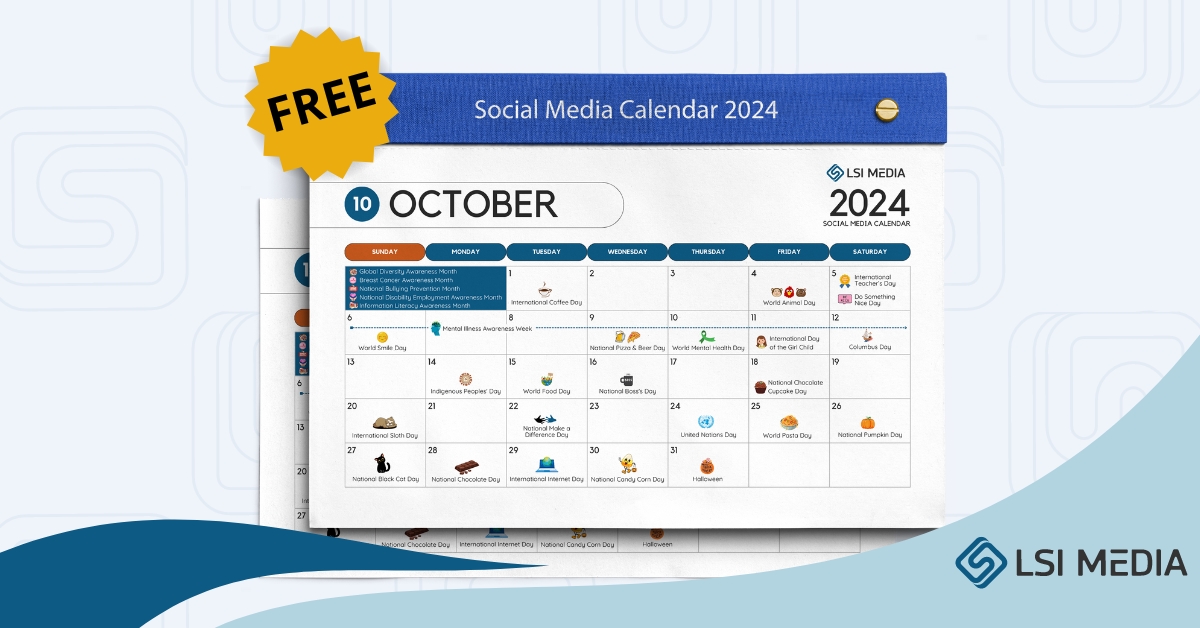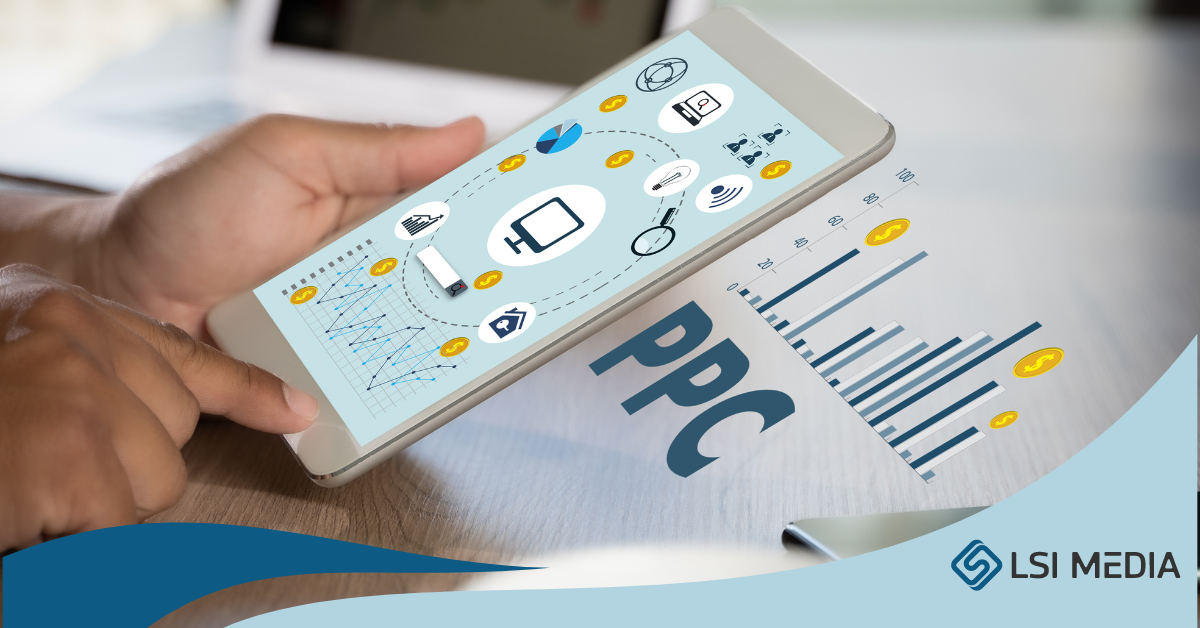[ez-toc]
What is Social Media?
Social media is primarily interactive, technical technologies that enable the generation or sharing/ exchange of information, views, career interests, opinions, and various forms of expression through virtual networks and communities. These technologies allow users to make postings on websites, forums, blogs, or micro-blogging websites.
Social media aims to create and maintain connections among people through an interactive platform and to share information with others. It was developed for organizations to strengthen their connections with customers, clients, partners, and other people. As such, companies who are aiming to make an impact in their markets should embrace these tools and get the best results.
Social networking websites were not primarily built to share personal profiles. However, the popularity it has gained today is used as a tool for Internet marketing. This is because many business people consider it one of the most effective ways to let people know about their products and services.
Most of them are already using it to promote events, seminars, conferences, or whatever they have to offer. In addition, many individuals consider advertising through social media where it is a great way to make new friends over the web by posting messages or interacting with them through blogging, micro-blogging, and forums.
Numerous types of social media today are widely used by people all over the world, and many of them are free to use. One of the most popular social media platforms is Twitter, which is considered to be one of the “superpowers” of the Internet. Individuals and businesses use them as personal and professional networks, allowing them to post brief messages and announcements, as well as anything else they want to say. They are referred to as Web 2.0 networks in the popular press.
Unlike traditional media, social media provides more options for users. Aside from posting messages on social networks, users can also create profiles in these media. In doing so, they can show off their likes, interests, or hobbies. Others can follow these profiles or even comment on them. However, they need to do so under the terms and conditions of the website or network. It is also a good practice to read the rules and regulations of each network to avoid any problems in the future.
There are many positive things about social media like they are a great source of learning for everyone. This is because their format allows a user to ask questions or share opinions. The user can build his community, which is composed of his friends. He can also share his key terms and other vital information on these platforms. This is because these platforms collect data and information in files, applications, and applications that users subscribe to or are downloaded to their systems.
These are the main advantages of having an account on a particular networking site:
Some people believe that social media is simply a platform for expressing one’s feelings and emotions, and nothing more. However, there are some important takeaways from this, such as the importance of building communities, developing one’s identity, sharing experiences, and sharing knowledge, among others. Using these media, you can express your individuality and develop your own sense of self-worth. Learn more about the most important aspects of these media outlets today.
When someone asks, “What is social media?” the first platform that usually comes to mind is Facebook. But there are other platforms as well. A free social networking website, it allows registered users to create profiles on the site, upload content such as photographs or articles or videos to share with other users, send messages, and generally stay in touch with anyone they choose to. On Facebook, more people than on any other website or platform spend more time than they do anywhere else in the world.
Media
Media is one of the most significant definitions of Social Media and one of the biggest reasons for its growing popularity. In addition, Media is also one of the most confusing definitions. It refers to any type of information you have on your computer, and you intend to share it with the rest of the world. This includes pictures, audio clips, video clips, and various types of text.
Engagement
Engagement is all about keeping your followers engaged. You want to make sure that your followers are making comments and posts relevant to your brand or product. It’s also a good idea to keep track of the engagement level of your followers as well. Check the stats on your Facebook page and see what percentage of your page is fans of your brand. If more than half of your followers are actively engaging with you, then you are doing well!
Your audience is the group of people who will most likely buy whatever you are offering them. Engaging your audience and keeping them engaged will allow you to convert that engagement into sales. You want to create timely, interesting posts and offer something new or different to your followers. This is why it’s a good idea to check the stats on your Facebook page and check to see if your audience engagement is increasing or decreasing.
It would help if you also focused on how you use social media metrics to track your results. Social media marketing is all about engagement and getting your audience engaged. That’s why it’s important to have clear goals when you start. What types of changes do you want to make? What types of content should you be publishing? With these answers in hand, you can start setting up metrics so that you can see which activities are having the most engagement and which aren’t.
Hashtag
Google search engine is where many people go when they type the keywords they are looking for into the search box. Therefore, when you create content using the #hashtag method, it should be visible on the first page of Google. To do this:
The hashtag serves as your platform for sharing content using the hashtag. Social media activists should come up with compelling headlines using the hashtag. Once you have posted the headline, try to tweet the hashtag along with a compelling tagline. This is one effective way of utilizing the power of social media.
Social Networking
Social Networking is also another important term. Many people have heard about social networking, but they aren’t too sure what it is. It is the ability to interact socially on the internet. This can be done by making friends, following other users, posting comments and suggestions, and even uploading and sharing pictures.
Next to Facebook, this is the most popular and still free microblogging service that lets registered users to post short quips called tweets. Twitter users can post tweets and follow other user’s tweets through multiple devices.
Google+
Google plus is the Google search engine’s social networking site. It basically replicates how people interact on other social media sites. It usually works in conjunction with other Google-based sites like Gmail and YouTube.
This is a social community networking site designed for the business community and professionals in general. The site allows registered users to establish and connect with people on a business and professional level. This site is considered a social media networking site for increasing B2B (business-to-business) connections.
This is a social curation website for sharing and categorizing images submitted and uploaded by users. Pinterest usually requests complete descriptions for all visual images. What makes the site unique is that when you click on an image it will take you to the original source of the picture. For example, if you click on a picture of a dress or gown, you will be taken to the original site where you can purchase it. An image of a chocolate cake might lead you to the site where you can find the recipe.
So, What is Social Media Marketing?
Sometimes called SMM, when you ask what is social media marketing, this is merely the use of social networking sites to help in a company’s campaign to increase brand exposure by reaching customer reach and target markets. The usual goal of social media marketers is to create unique content that will attract users to share it on other social media networks.
Social media analytics
This is the practice of gathering data from blogs and social media websites in order to analyze all this data and to gauge if a marketing campaign is going well or not. It is also used to measure if a product or brand is being exposed properly. The most common method of social media analytics is to gather customer sentiments – both positive and negative – to gauge customer service activities.
Social media optimization
SMO is almost similar to search engine optimization (SEO) to draw new visitors to a website by adding social media links to content, by sharing posts with links, or promoting activity through status updates, tweets, and blog posts.
Overall, Social Media can be a powerful tool for business development. However, it does take time and effort to build up your brand and increase traffic to your site. It is vital to keep your content fresh and unique to keep customers returning to see what’s new. Following these three steps will help you understand what Social Media is and how to use it to benefit your business.
In Conclusion
Social media has revolutionized the way we communicate and connect with others. It encompasses a wide range of online platforms and tools that allow people to create and share content, engage in conversations, and build virtual communities. Popular social media platforms include Facebook, Instagram, Twitter, and LinkedIn, among others. These platforms offer various features such as news feeds, profiles, messaging, sharing buttons, and privacy settings, enabling users to customize their digital experience.
Moreover, social media has given rise to new terms and concepts that shape our understanding of online communication. For instance, “likes”, “comments”, and “followers” are indicators of engagement and popularity on social media platforms. “Hashtags” are used to categorize posts and make them discoverable to a wider audience. “Influencers” are individuals who have amassed a large following and have the power to sway public opinion.
While social media can have its drawbacks, such as privacy concerns, online harassment, and the spread of misinformation, its impact is undeniable. It has redefined the way we connect and interact with others, democratizing the flow of information and giving a voice to previously marginalized communities. As social media continues to evolve, it is important for users to be mindful of their digital footprint and navigate these platforms responsibly.
FAQs:
1. What is social media?
Social media refers to online platforms and tools that allow individuals and communities to connect, share, and collaborate through various forms of user-generated content. It includes websites and applications such as Facebook, Twitter, Instagram, and YouTube.
2. What are the key features of social media?
Social media platforms typically enable users to create personal profiles, share content (such as text posts, photos, and videos), engage with others through comments and likes, follow or connect with other users, and join or create groups or communities.
3. How does social media impact society?
Social media has had a profound impact on society by transforming the way we communicate, share information, and interact with each other. It has facilitated the rapid spread of ideas, influenced public opinion, and provided a platform for individuals and businesses to promote themselves and their products/services.
4. What is a social media strategy?
A social media strategy is a plan of action that outlines how an individual or business intends to use social media platforms to achieve specific goals. It involves identifying target audiences, selecting appropriate platforms, creating engaging content, and measuring the effectiveness of social media efforts.
5. What is social media marketing?
Social media marketing is the use of social media platforms to promote products, services, or brands. It involves creating and sharing content that is tailored to the platform and target audience, engaging with followers, and leveraging paid advertising or influencer partnerships to expand reach and drive business objectives.
6. What are social media influencers?
Social media influencers are individuals who have built a large following on social media platforms and have the ability to influence the opinions and purchasing decisions of their followers. They often collaborate with brands to promote products or services to their audience in exchange for compensation or other benefits.
7. What is user-generated content?
User-generated content refers to any form of content, such as posts, comments, photos, or videos, that is created and shared by users on social media platforms. It is often seen as more authentic and trustworthy compared to branded content and can greatly impact brand perception and engagement.
8. What is a hashtag?
A hashtag is a word or phrase preceded by the “#” symbol and is used to categorize and group related content on social media. It allows users to discover and engage with specific topics or themes by clicking on or searching for a particular hashtag.





















